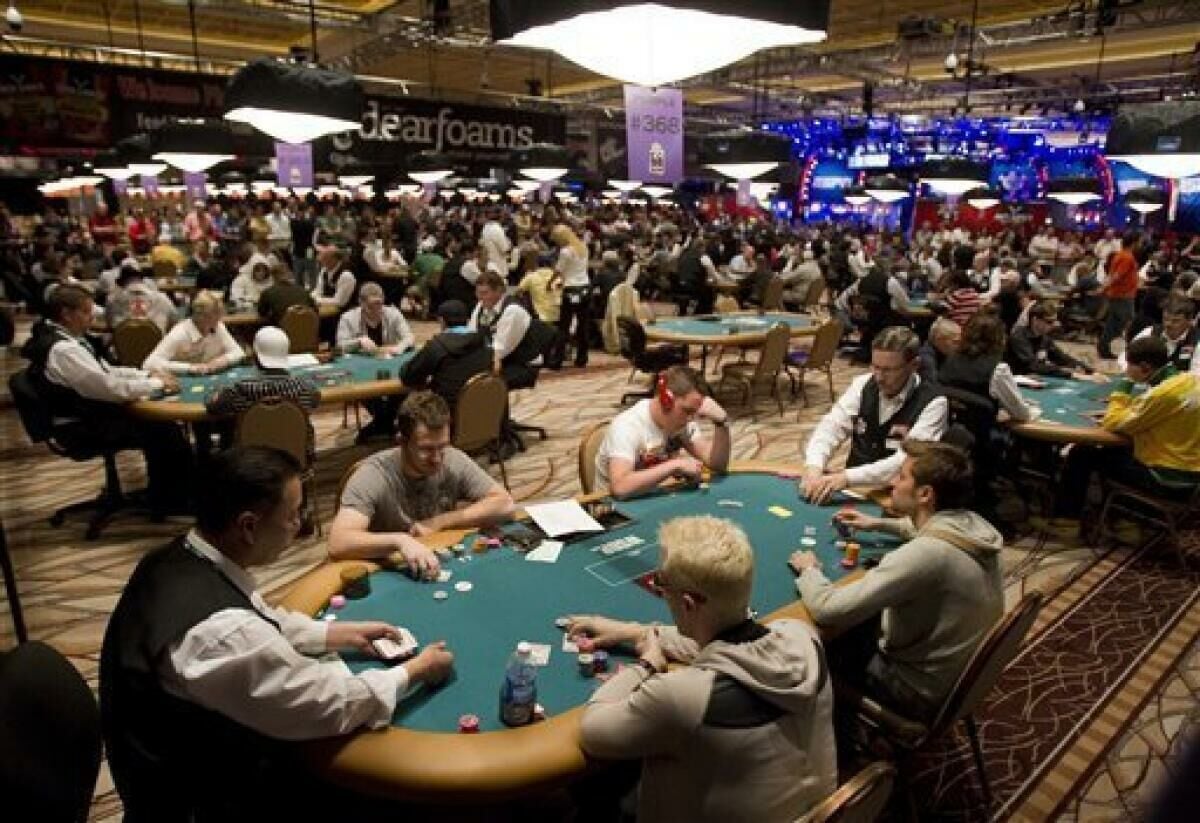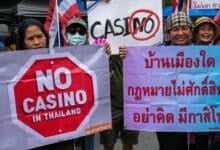Maybank’s bet: Thailand casinos could hit jackpot, boosting GDP

Maybank Securities, a unit of Malaysia-based Maybank, forecasts that the potential introduction of casinos in Thailand with gambling facilities could yield an annual revenue of 187 billion baht, equivalent to about 1% of Thailand’s gross domestic product (GDP). The forecast, based on an assessment carried out by Maybank’s gaming analyst and tourist arrivals in Thailand in 2019, anticipates the first complex to commence operation by the fiscal year 2029.
The proposed tax rate on Thai casinos, standing at 17%, is considered appealing when compared to regional counterparts such as Singapore, Malaysia, the Philippines, and Macau, which impose a mass market rate ranging from 25-40%. This comparison was drawn by tourism analyst Boonyakorn Amornsank.
In the forthcoming weeks, the Thai government has plans to make a draft bill public for deliberation in parliament. The bill concerns the establishment of entertainment complexes comprising hotels, shopping malls, and casinos, stated Boonyakorn Amornsank.
“Following the approval of the legislation, we expect the first complex to be operational by the fiscal year 2029, considering an estimated three-year construction period.”
Boonyakorn referenced Singapore’s first casino, which required six years to launch from its proposal stage.
The proposal envisions the construction of five to eight complexes across several provinces. The first among these is likely to be established in the Eastern Economic Corridor, a region offering business incentives to attract foreign direct investment.
The complexes, likely to host thousands of hotel rooms, are anticipated to primarily attract gamblers, making the profitability of the rooms uncertain, according to Boonyakorn. He also projected a positive impact on tourism from these complexes, though not in the initial stages.
Maybank Securities identified three beneficiary groups from this development: contractors and banks during the construction phase, the property sector with a potential rise in prices, and commerce, hotels, and airports bolstered by an increase in foreign tourists, reported Bangkok Post.
Boonyakorn referenced Singapore’s property market, which witnessed a 30% year-on-year increase in prices in 2007 before the inauguration of the first casino in 2010.
“Airports of Thailand is likely the biggest beneficiary. Hoteliers with properties near these complexes are unlikely to benefit much from a potential hike in room rates.”
Latest Thailand News
Follow The Thaiger on Google News:


























